The Mummy: four movies which never got made
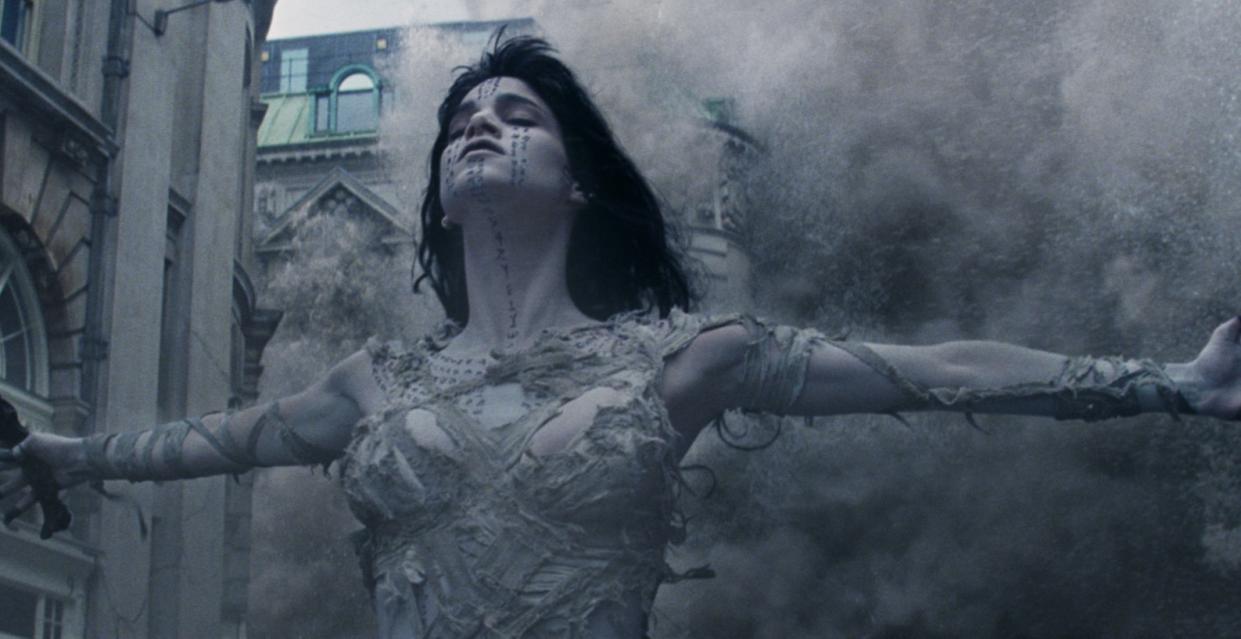
This Friday sees the release of ‘The Mummy,’ Universal’s latest take on their classic monster introduced in the form of Boris Karloff way back in 1932. This latest incarnation is pitched as the launchpad of the Dark Universe, a Marvel-esque series of interlocking movies centred on the classic characters from Universal’s golden age of horror.
This latest take on ‘The Mummy’ from director Alex Kurtzman, starring Tom Cruise and Sofia Boutella, is the studio’s tenth ‘Mummy’ movie to date. The Karloff film spawned four follow-ups in the 1940s, most featuring Lon Chaney Jr as Kharis. The studio would later bring the character back in 1955 comedy ‘Abbott and Costello Meet the Mummy.’
Modern audiences will likely be more familiar with 1999’s ‘The Mummy,’ a 1920s-set adventure which starred Brendan Fraser as boy’s own action hero Rick O’Connell, and spawned two sequels. However, this film from director Stephen Sommers was not the first incarnation of ‘The Mummy’ to gain some momentum in the 1990s – nor is this new Tom Cruise movie the only version to have been on the drawing board since.
How different the ‘Mummy’ franchise might look today if any of these films had wound up being made…
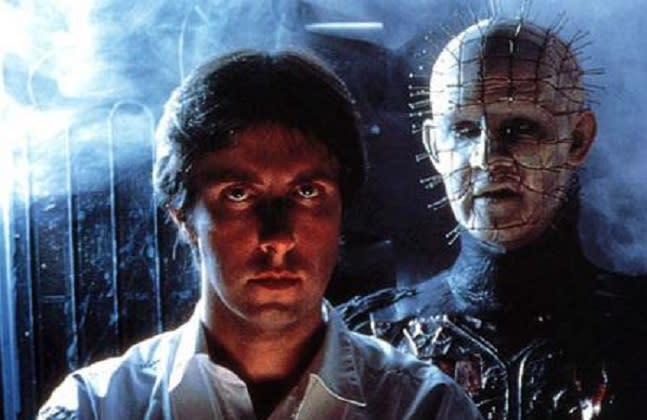
Clive Barker’s ‘The Mummy’
Author-turned-director Clive Barker was one of the biggest names in horror in the early 1990s, following his cult classic 1987 debut ‘Hellraiser,’ and his more divisive 1990 sophomore effort ‘Nightbreed.’ Not long thereafter he pitched a new version of ‘The Mummy’ to Universal, in collaboration with writer Mick Garris – but it seems their vision was deemed a bit too extreme.
Barker explained in 2015 that their take on the property was “precisely what the powers that were at Universal did not want”; a gory and sexually explicit film set in the present day, centred on “an uncommonly beautiful woman… a seducer and murderer of mysterious origin,” who would ultimately be revealed as transgender.
Barker recalls the studio were aghast: “How could we expect to get away with something so weird? Nobody in America, we were told, would accept such a ridiculous premise.” Of course, not long thereafter ‘The Crying Game’ became a huge hit in the US.
We might also note that, with the contemporary time setting and a somewhat sexualised female Mummy as the antagonist, this latest take on ‘The Mummy’ might owe a little to Barker’s vision.
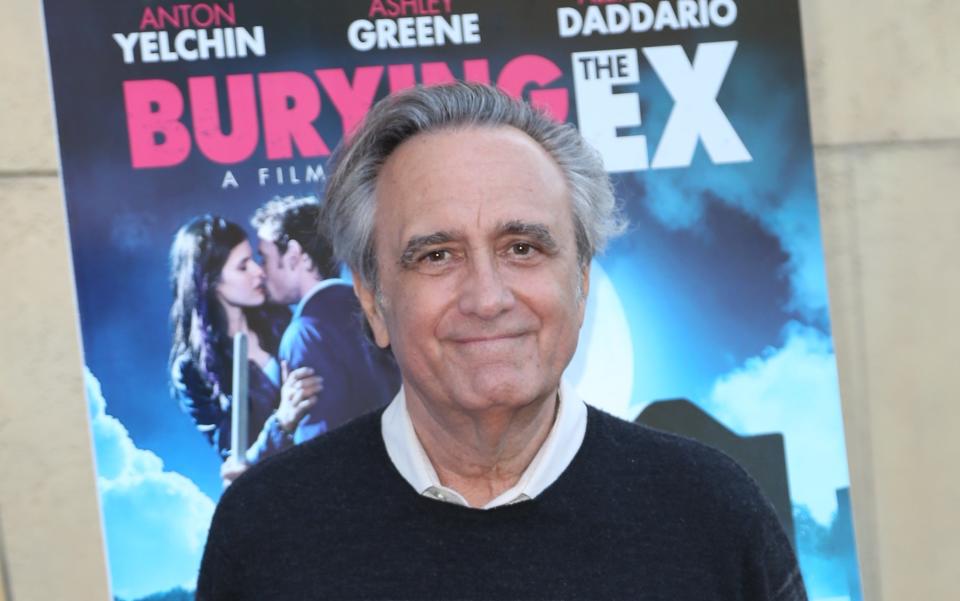
Joe Dante’s ‘The Mummy’
While Barker’s pitch on the property was rejected, Universal continued to develop ‘The Mummy,’ and tapped Joe Dante (‘Gremlins,’ ‘Small Soldiers’) to direct. Unfortunately, Dante’s take also failed to get off the ground, despite the endorsement of Steven Spielberg.
Dante explained in 2000, “It’s a very unpleasant memory. I was at Universal and [screenwriter] John Sayles had done, I thought, a terrific script for ‘The Mummy.’ It was a contemporary version, but it was very hip. It was a little like ‘The Howling,’ but more sophisticated.”
The director was at loggerheads with the studio both over the budget (“our budget was $25 million, which was a bargain, believe me”), and the contemporary setting: “[Universal head Sid Sheinberg] said, “I think it should be a period picture like the first one,” forgetting that the first one was not a period picture: It was made in 1933 and set in 1933… So eventually the whole thing sort of fell apart, and then they decided to pony up 50 extra million dollars to do the version they did. And it was a big hit.”
Director Stephen Sommers then boarded the project, and made the period-set, family-friendly adventure we all know today. However, Dante notes some aspects of his version made it to the screen: “the scarabs running around was definitely ours.”
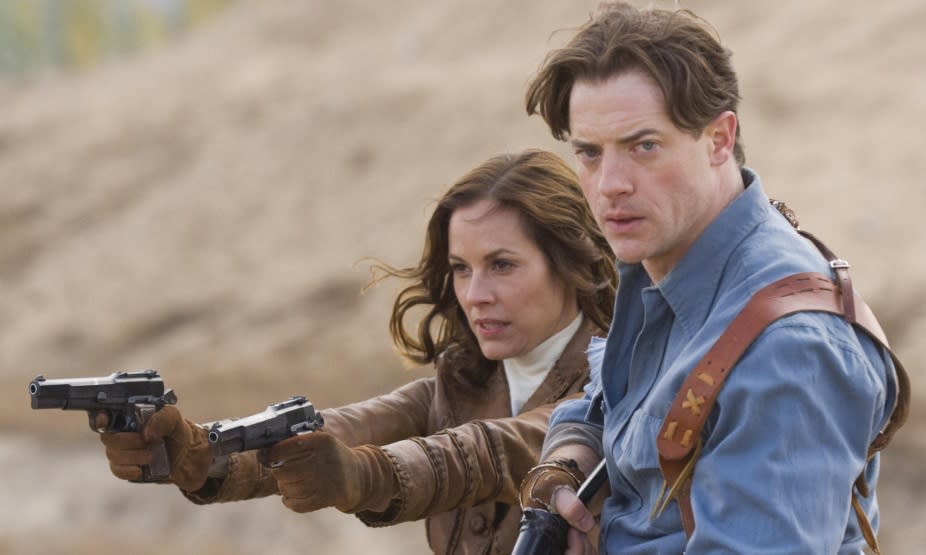
A fourth ‘Mummy’ movie with Brendan Fraser
The success of 1999’s ‘The Mummy’ led to a similarly high-octane sequel, ‘The Mummy Returns,’ in 2001. Both films performed well at the box office, grossing upwards of $400 million each, although the critical reception was not so enthusiastic.
However, despite the modest success of 2003 spin-off ‘The Scorpion King,’ the iron went cold on the series when writer-director Stephen Sommers side-stepped into 2004’s ‘Van Helsing.’ A third film would not get off the ground until 2008’s ‘The Mummy: Tomb of the Dragon Emperor,’ from director Rob Cohen (‘The Fast and the Furious,’ ‘xXx’).
The signs were not great from the start, with original star Rachel Weisz declining to return, to be replaced by Maria Bello. While the box office wasn’t bad, again breaking $400 million, the reviews were almost unanimously negative (12% fresh on Rotten Tomatoes). This, on top of rumours that Brendan Fraser didn’t want to continue, led the studio to pull the plug on plans for a fourth film, despite the fact that Bello and actor Luke Ford had both signed multi-picture contracts.
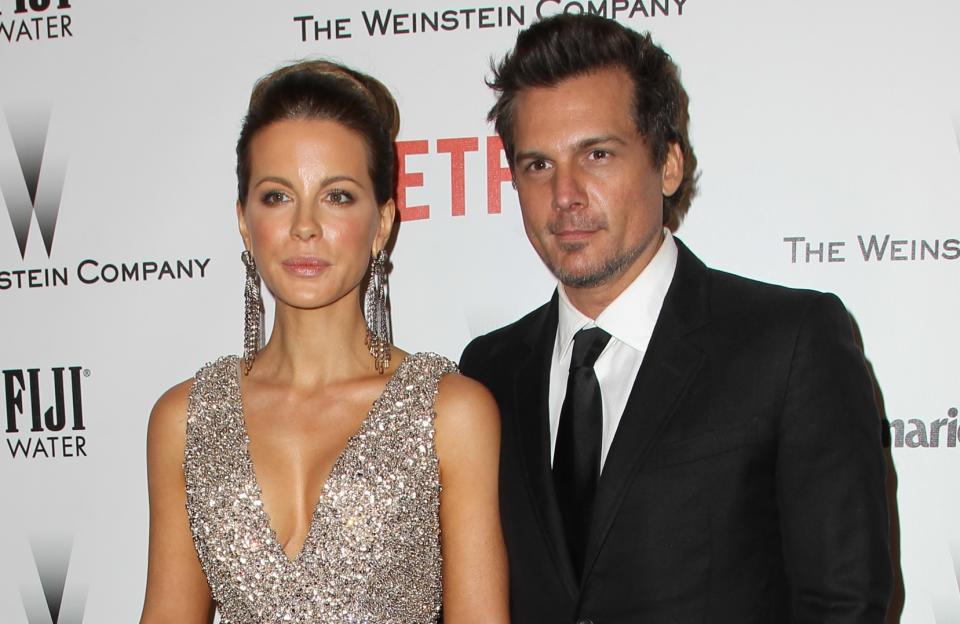
Len Wiseman’s (and/or Andrés Muschietti’s) ‘The Mummy’
Universal had for some time been working on a revival of their classic monsters brand, although the disappointments of ‘Van Helsing’ and 2010’s ‘The Wolfman’ impeded these efforts. Nonetheless, the studio first announced plans to reboot ‘The Mummy’ in 2012, and Len Wiseman (‘Underworld,’ ‘Die Hard 4.0’) was the first director attached.
It’s likely that Wiseman’s film would have been in a similar vein to the version of ‘The Mummy’ we have in 2017. For one, Alex Kurtzman – director of the new movie – was attached to co-produce with his former partner Roberto Orci. Jon Spaihts (‘Doctor Strange’) signed on to write the film, which was again set in the present day.
Wiseman said in 2012 that his film was going to be far-removed from the action-adventure tone of the earlier ‘Mummy’ trilogy: “It’s horror. Its epic. It’s more of a modern day version of what would happen if we came across a mummy in our world today. It is pretty fascinating.”
However, Wiseman ultimately left the project due to scheduling conflicts. Andrés Muschietti, director of ‘Mama’ and the upcoming ‘It,’ was the next director attached, but ultimately left over creative differences.
One key thing that might have been different about either Wiseman or Muschietti’s film is the gender of the antagonist, as reportedly Universal had different drafts of the script in the works, some of which featured a more traditional male Mummy.
‘The Mummy’ opens in UK cinemas on Friday, 9 June.
Read More:
Dark Universe: annual releases planned
Seth Rogen slams ‘clean version’ movie plans
Patty Jenkins not yet signed up for Wonder Woman 2

 Yahoo Movies
Yahoo Movies 

